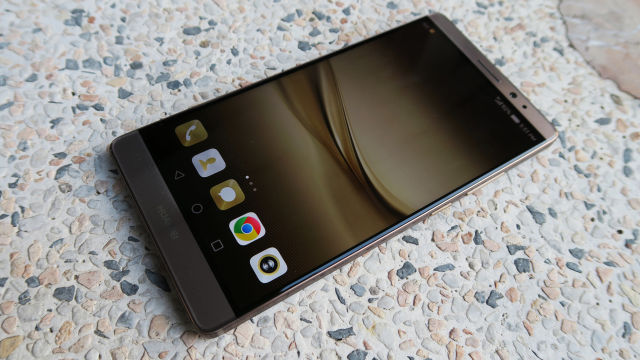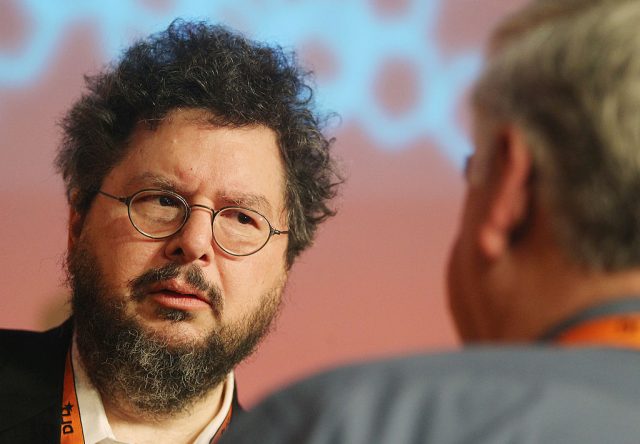
A once-upon-a-time company called "BusCall" advertised its product in a video, pictured here. Its patents have become the basis for hundreds of lawsuits against companies that use vehicle and package tracking. (credit: BusCall)
The three biggest patent trolls of 2015 will all soon face new legal challenges to their most valuable "inventions."
Unified Patents, a company that focuses on invalidating patents through the use of the inter partes review (IPR) process, has filed challenges against patents belonging to the three most litigious "non-practicing entities" of 2015. In late June, the company challenged Uniloc's patent on DRM. Last week, it filed papers against a company called Sportbrain Holdings, which makes wide patent claims over fitness tracking devices. On Monday, Unified challenged Shipping & Transit LLC, formerly known as ArrivalStar, a company that has demanded payments from hundreds of small companies—and even city transit systems—for using GPS vehicle tracking or sending package tracking numbers in e-mail.
The IPR process, created in 2012, has proven effective at knocking out patents that the Patent Office says shouldn't have been issued in the first place. Many private companies have used IPRs, as have third-party organizations like the Electronic Frontier Foundation, which challenged the podcasting patent.








